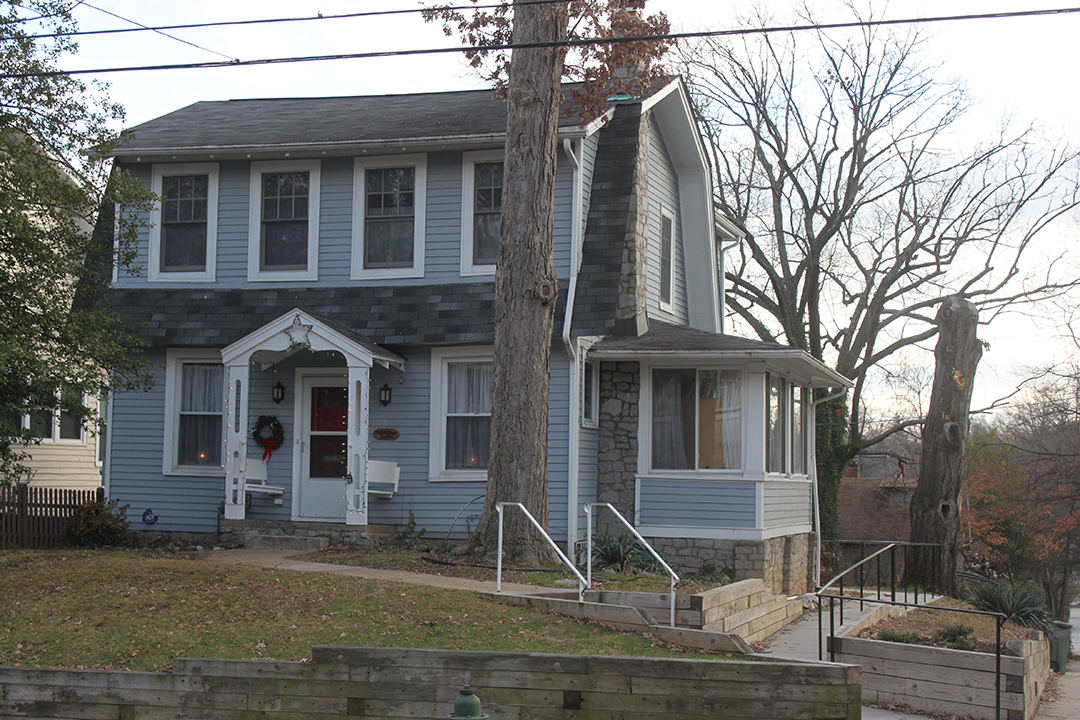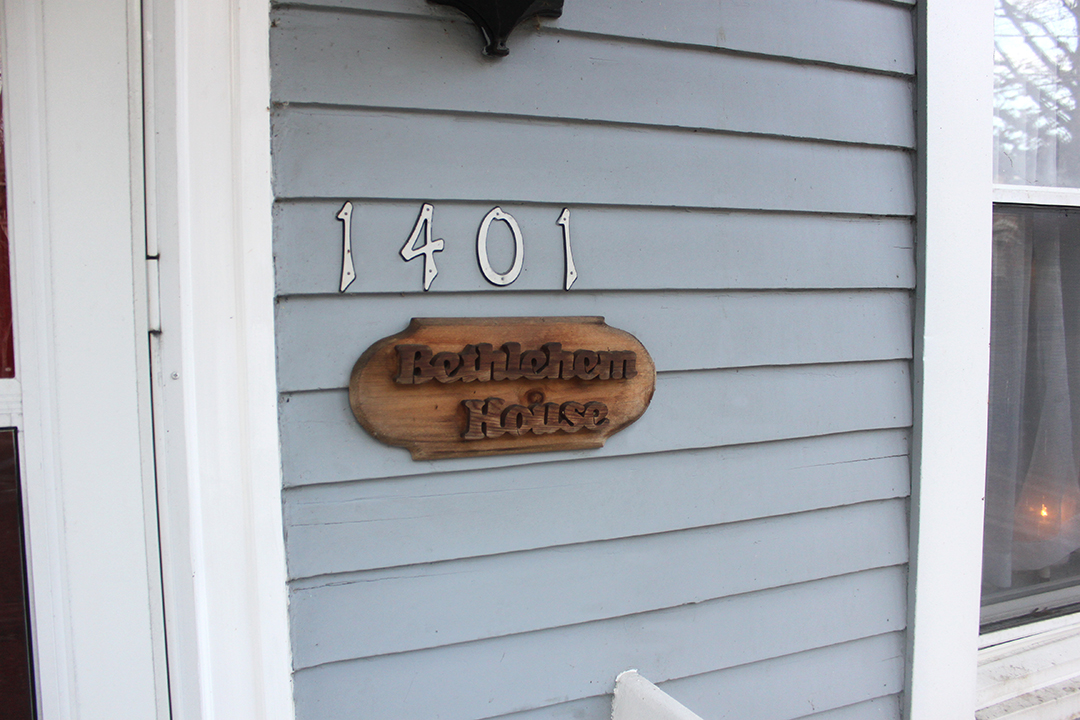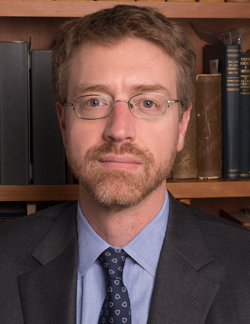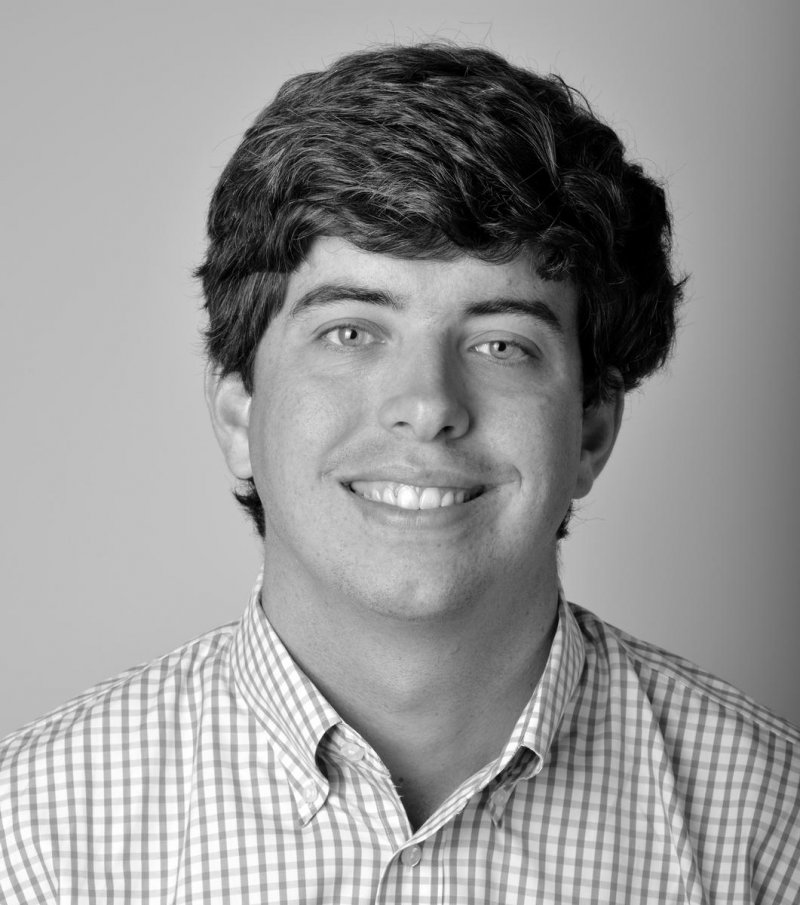
For dozens of teens and adults with developmental differences, Brookland Community Resources (BCR) in northeast Washington, D.C. is an anchor, a lifeline, and a source of encouragement and support in a world that doesn't always offer it up on its own.

BCR is a grass-roots organization that works to promote the full inclusion of people with intellectual and physical disabilities into all aspects of community life. It offers social and recreational programs for members at sites throughout the Brookland neighborhood. Behind the story of the program's success today lies the steady presence of the Columbus School of Law at nearby Catholic University. Over the years, the law school has supplied a team of people with the passion, skills, and commitment to keep BCR a thriving beacon of hope to those who need it most. A CUA Law alumnus, professor, and current student have joined forces to form a 'perfect storm' of pro bono support behind Brookland Community Resources. The story begins in 1994, when CUA Law alumnus Steve Riley (1979) co-founded Potomac Community Resources (PCR). A fulltime attorney with a busy international law and government relations practice, Riley made the time to serve as the organization's executive director, steering its growth and mission goals.

In 2008, PCR was invited by Cardinal Donald Wuerl, who had by then become familiar with the group, to expand its reach by finding new ways to integrate people with developmental differences elsewhere in the archdiocese into church life.
The opportunity to do so presented itself not long after in the form of Bethlehem House, a Christian residential program in the area aimed at providing adults with intellectual and developmental disabilities an inclusive community. Sharing similar missions, the two organizations decided to begin a formal collaboration in 2011. The new endeavor, called Brookland Community Resources (BCR), combines their resources and reach as Cardinal Wuerl had envisioned.

The next critical step in the process was for BCR to become incorporated as a 501(c)(3) non-profit organization. Riley was connected through CUA Law's Pro Bono Program to Professor Roger Colinvaux (left), who was happy to lend his tax expertise to assist. Colinvaux is among the nation's foremost authorities on the tax code's treatment of non-profits. Professor Colinvaux in turn enlisted the assistance of third-year Catholic University law student Patrick Belford, and together they are stewarding BCR through the nonprofit incorporation process. "A project like this is a great way for students to apply some corporate legal skills, learn a bit about tax law and nonprofits, gain some experience dealing with government forms and rules, and most importantly, help worthy organizations complete an essential task," says Colinvaux. "It is great that CUA was able to participate in this type of project, both for the student doing the work and for the client."

Belford (left), who will graduate in May, 2015, knew his time would be well spent in part because he took Colinvaux's federal income taxation class and was eager to apply what he'd learned.
"Once Professor Colinvaux filled me in on the client's work, I knew that I wanted to help out," said Belford. "BCR is a fantastic group that does very important work in the local community. I really enjoyed working with the client and collaborating with Professor Colinvaux. I definitely learned a lot about the regulatory and practical considerations involved in tax matters."
